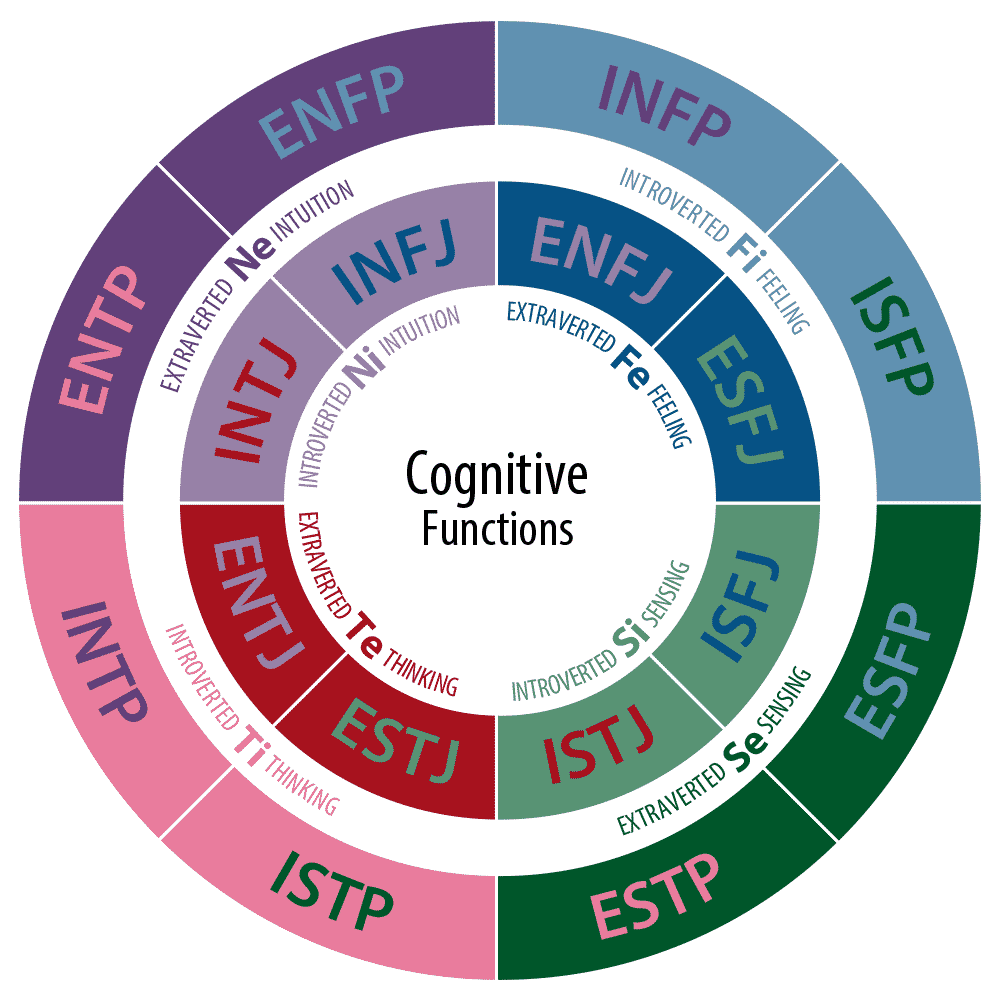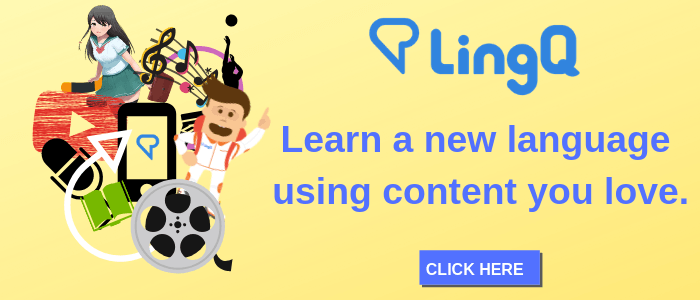Which Language Learning Style Suits Your Personality?
Are you a defender, an entertainer or a mediator? Those of you well-versed in personality testing will know what I’m getting at: the 16 Myers-Briggs types.
If you haven’t heard of it, the Myers-Briggs test, or MBTI (Myers-Briggs Type Indicator), is an introspective questionnaire popular in the business sector as a way to find employees that fit with the company culture. The test places those who take it into one of 16 personality type categories depending on whether they lean toward introversion/extroversion, sensing/intuition, thinking/feeling and judging/perception. Find out your Myers-Briggs type here.

So how might this connect to the way we learn, and in particular the way we learn language? Well, linguists Carol J. Orwig and Clay Johnston believe that tailoring your learning style to your personality type can help you learn a language more effectively.
The Guardians
40-45% of the general population

The Guardians group includes the following types:
ESTJ – The Executive
ISTJ – The Logistician
ESFJ – The Consul
ISFJ – The Defender
Guardian characteristics:
→ Dependable, helpful, and hard-working.
→ Loyal partners, responsible parents, and stabilizing leaders.
→ Dutiful, cautious, humble, and focused on credentials & traditions.
→ Concerned citizens who trust authority, join groups, seek security, prize gratitude, and believe strongly in justice.
Individuals in this group tend to be more traditional in their thinking and seek out security. Guardians pride themselves on being dependable and trustworthy, and they often use their skills for management to keep things ticking over in their workplaces, communities and families.
Some notable Guardians include Hilary Clinton, Sigmund Freud, Elton John, and Rosa Parks.
Structured Learners
The thorough and organized personality of the Guardian type means they prefer a systematic and organized approach to learning that involves hands-on activity and opportunities to apply concepts in a practical way.
Guardians may get more out of language learning plan that is highly structured and organized as opposed to loose and spontaneous. Making a detailed plan that involves specific goals and timelines is highly motivating for this personality type.
The Artisans
30-35% of the general population

The artisans group includes the following personality types:
ESTP – The Entrepreneur
ISTP – The Virtuoso
ESFP – The Entertainer
ISFP – The Adventurer
Artisan characteristics:
→ Fun-loving, optimistic, realistic, and focused on the present.
→ Unconventional, bold, and spontaneous.
→ Playful partners, creative parents, and troubleshooting leaders.
As their name suggests, the Artisans are naturally gifted in the arts and often do well as musicians, dancers and actors. This personality type also does well in the athletic, military, political, mechanical, and industrial arts. Artisans love working with their hands on real-world tasks. They seek out excitement and adventure in everything they do.
Notable artisans include Mozart, Marilyn Monroe, Picasso and Madonna.
Energetic Learners
With the above description in mind, it may come as no surprise that Artisan types lean towards an energetic learning approach. They want to be involved in activities and have plenty of opportunity to meet and speak with new people. Artisans also need variety in their language learning, and a little risk does well to excite them and keep them motivated. This type would enjoy the thrill of putting themselves out there and filming or recording themselves speaking in their target language for others to comment on.

The Rationals
5-10% of the general population

The rationals group includes the types:
ENTJ – The Commander
INTJ – The Architect
ENTP – The Debater
INTP – The Logician
Rational characteristics:
→ Pragmatic, skeptical, self-contained, and focused on problem solving and systems analysis.
→ Ingenious, independent, and strong willed.
→ Reasonable partners, individualizing parents, and strategic leaders.
→ Even-tempered, trust logic, yearn for achievement, seek knowledge, prize technology, and dream of understanding how the world works.
Rational types are more inclined to understand how complicated systems work, and because of this they excel in jobs in the sciences, mathematics, computers and engineering. This type are problem solvers to the core, and they will work tirelessly on a task until they have the answers they seek.
Notable rationals include Ayn Rand, Steve Jobs, Sally Ride and Marie Curie.
Analytical Learners
Rational types enjoy studying the complexities of language systems. This type’s desire to solve problems means they relish opportunities to analyze structures and phrases; to really figure them out. Rationals also hold themselves to a very high standard, and so they have a tendency to be too hard on themselves if they don’t reach their goals. Analytical learners excel in language learning programs that involve lots of reading, research and problem solving.
The Idealists
15-20% of the general population

The idealists group includes the types:
ENFJ – The Protagonist
INFJ – The Advocate
ENFP – The Campaigner
INFP – The Mediator
Idealist characteristics:
→ Enthusiastic, trust their intuition, yearn for romance, seek their true self, prize meaningful relationships, and dream of attaining wisdom.
→ Loving, kindhearted, and authentic.
→ Giving, trusting, spiritual, and they are focused on personal journeys and human potentials.
→ Intense partners, nurturing parents, and inspirational leaders.
If idealist types had their way, the world would be a harmonious place filled with love and mutual respect. This type seeks identity, is focussed on self development and cares that those around them are happy. The idealist also has a knack for getting people to cooperate and dislikes confrontation of any kind.
Notable idealists include Princess Diana, Nelson Mandela, Oprah Winfrey and Carl Jung.
Relational Learners
Idealist types enjoy language learning that gives them the opportunity to grow, understand people and ideas and to help others develop. They appreciate activities that allow them to study people and their culture, lots of variety and communicative tasks. This type would especially enjoy being immersed in a culture where the target language is spoken as they seek out deep and meaningful connections with others.
•••
What do you think? Is there some truth to matching your personality type to a learning style? I’m interested to know if there’s a dominant “type” in the LingQ community. Add your type and the learning style you find most effective into the comments and let’s find out!
I’ll start…
